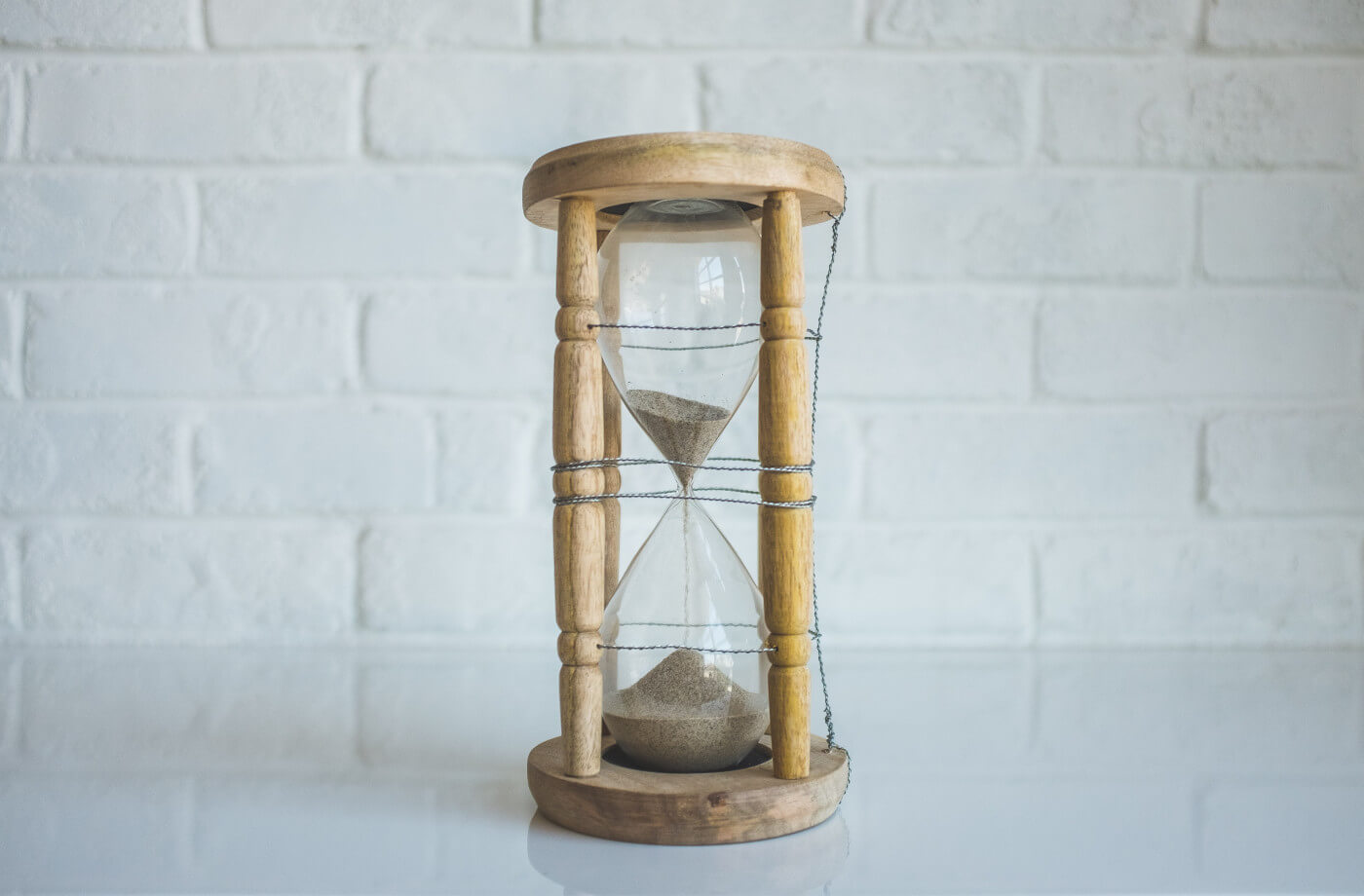How To Stop Procrastinating (Today)

Procrastinating is something many of us are familiar with and can certainly relate to. We’ve got lots of things to do, but we would rather do anything than the task at hand. I have to confess that even while writing this blog post, I paused multiple times to cook dinner. Most of us procrastinate and end up feeling guilty about it, but we continue to do it. Today we will cover what procrastination is and how to avoid it (including a list of oh-so-practical techniques to try).
What is procrastination?
Procrastination comes from the Latin word procrastinationem. It means ‘putting off from day to day’. According to the Cambridge Dictionary, ‘delaying something that must be done, often because it is unpleasant or boring’.
Scientifically, procrastination can be described as a self-regulatory failure, where people voluntarily but irrationally delay important tasks, ultimately leading to a significant decrease in performance.
By looking at the definition of procrastination, anyone and everyone can be affected as people put off tasks for different reasons. But did you know that there are different types of procrastination?
Three types of procrastination
There are many studies on procrastination and its various forms, but TEDx speaker, Rory Vaden has found the most concise way to categorise and articulate procrastination:
Classic Procrastination: This is when we delay a task that we know we should be doing. For example, we know we need to pay our bills, but instead of doing so, we relax and watch Netflix.
Creative Avoidance: This is when we become more creative in staggering our own progress by finding other tasks to do so we feel productive. For example, you wake up with severe toothache. Instead of going to the dentist, you spend the day cleaning your house. At the end of the day, your home is clean but your toothache remains.
Priority Dilution: This isn’t about being lazy or making up other tasks! Instead, you spend time on tasks that are less significant rather than the most important thing on your to-do list.
How to stop procrastinating
Whether you are a serial-procrastinator or you sometimes struggle to get tasks done on time, these practical tips (along with manageable action steps) will help you make progress:
Set small goals: For many of us, the thought of completing a big task can feel overwhelming. The entire process, from start to finish, can seem impossible because we believe we need marathon work sessions to get everything done. Most of the time, breaking up big tasks and goals into small, manageable steps can be very helpful.
Action step: Implement the “two minute rule”. The rule states “when you start a new habit, it should take less than two minutes to do”. You want to make your habits easy to start, even if the actions that follow are challenging. For example, running a marathon is very difficult. Running 5 kilometres is hard. Walking 10 000 steps is moderately difficult. Walking 10 minutes is easy. Putting on running shoes is very easy. If your goal is to run a marathon, start with your “gateway habit” by putting on your running shoes.
Identify your triggers: Is there something specific that is causing you to procrastinate? Consider the situations and identify when and where you procrastinate (i.e. in the library, while starting a new task, or first thing in the morning).
Action step: Choose a distraction-free area to complete work or university tasks. For those of us who are easily distracted by our peers, sometimes just wearing earphones while studying or working is a visible signal that you are in “work mode”. You may go a step further and remove push notifications from your phone and set a time limit on social media apps (iPhone users, here’s how to do it).
Take more breaks: This may seem counterproductive, but taking breaks is good for your brain and will ultimately help you to accomplish more! Go for a walk, get outside, or do some mindful stretching.
Action step: Introduce the “Pomodoro technique”. The idea is that you break your work or study day into 25 minute chunks, each followed by a 5 minute break. During each 25 minute period, you must put away and avoid all distractions and do focused work. Then during your breaks, you must remove yourself from your work or study space and give your brain a chance to rest.
Be specific: You may find that you aren’t getting things done simply because your to-do list is vague.
Action step: Set specific goals and stick to them. For example, instead of “work on the project”, allocate a particular time and goal. The item on your to-do list is now “work on the project from 9:00 until 10:00 and finish the outline”.
Top tips for avoiding procrastination
- Give yourself permission to make mistakes and be okay with your work not being perfect.
- Prepare everything you need in advance and make it easier to get things done.
- Make your tasks more enjoyable (suggestion: listen to music while you do them).
- Count to 10 before indulging the impulse to procrastinate.
- Keep yourself motivated (suggestion: tick off days on a printed calendar each time you work on your goals).
- Begin with the most important task of the day.
- Celebrate the wins, both big and small.
We have online tutors available as well as tutors in Johannesburg, tutors in Pretoria, tutors in Durban and tutors in Cape Town.
Related Articles

How To Create A Study Timetable You’ll Actually Use
A study timetable will enable you to break down your studying into smaller, manageable chunks. You’ll be confident that you’ve covered all your study material and that you haven’t neglected any subjects. Ultimately, you’ll be able to walk into each exam feeling prepared and ready! (read more)
Read More

Easy Ways To Improve Your Memory
In this post, you will learn some easy and practical ways to improve your memory. Some focus on long-term lifestyle changes, while others are simple memory techniques you can benefit from right away. (read more)
Read More

The Pomodoro Technique: How To Study When You Aren’t Sure Where To Begin
The Pomodoro Technique is a system that helps you to take a big task and break it down into smaller chunks. You’ll be more productive, which will help you to feel more on top of things, and ultimately get more studying done! (read more)
Read More

We help families find their perfect tutor
Help your child improve their grades and get their confidence back.
GET A TUTOR